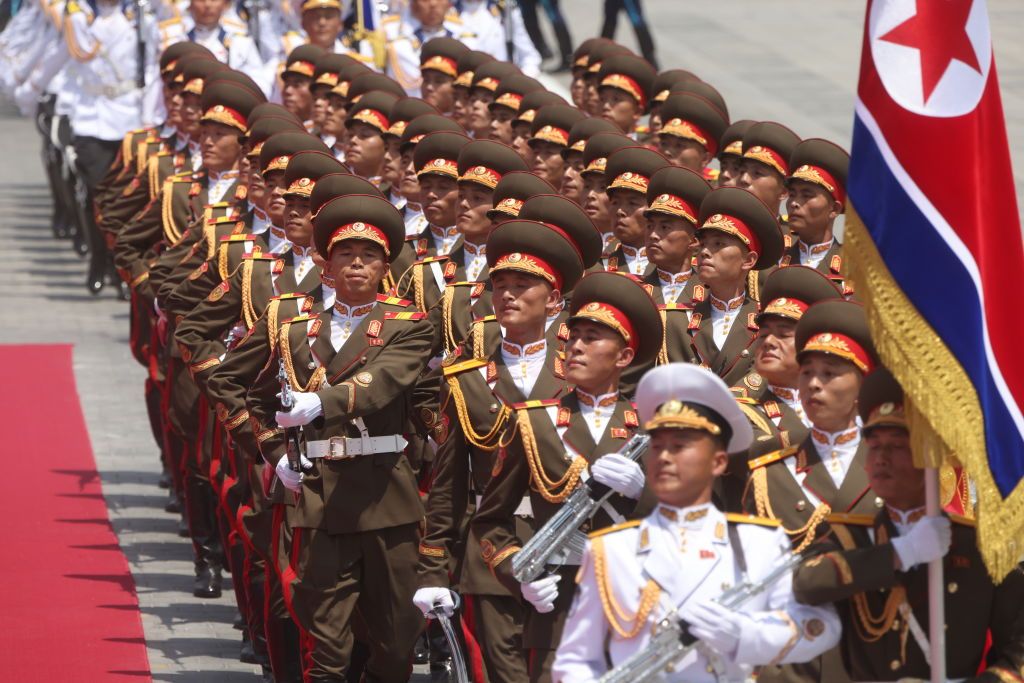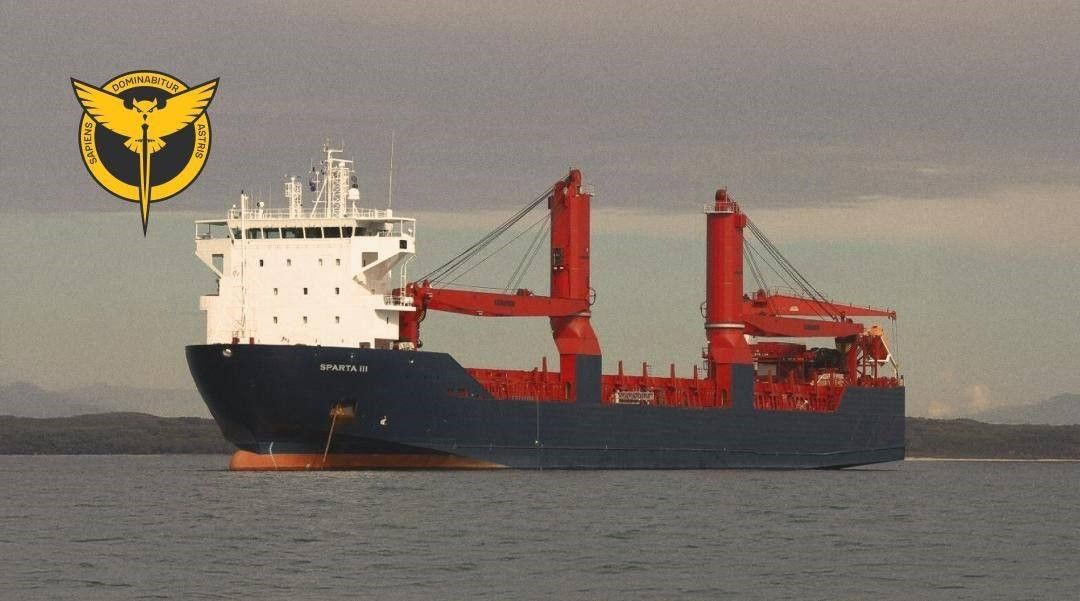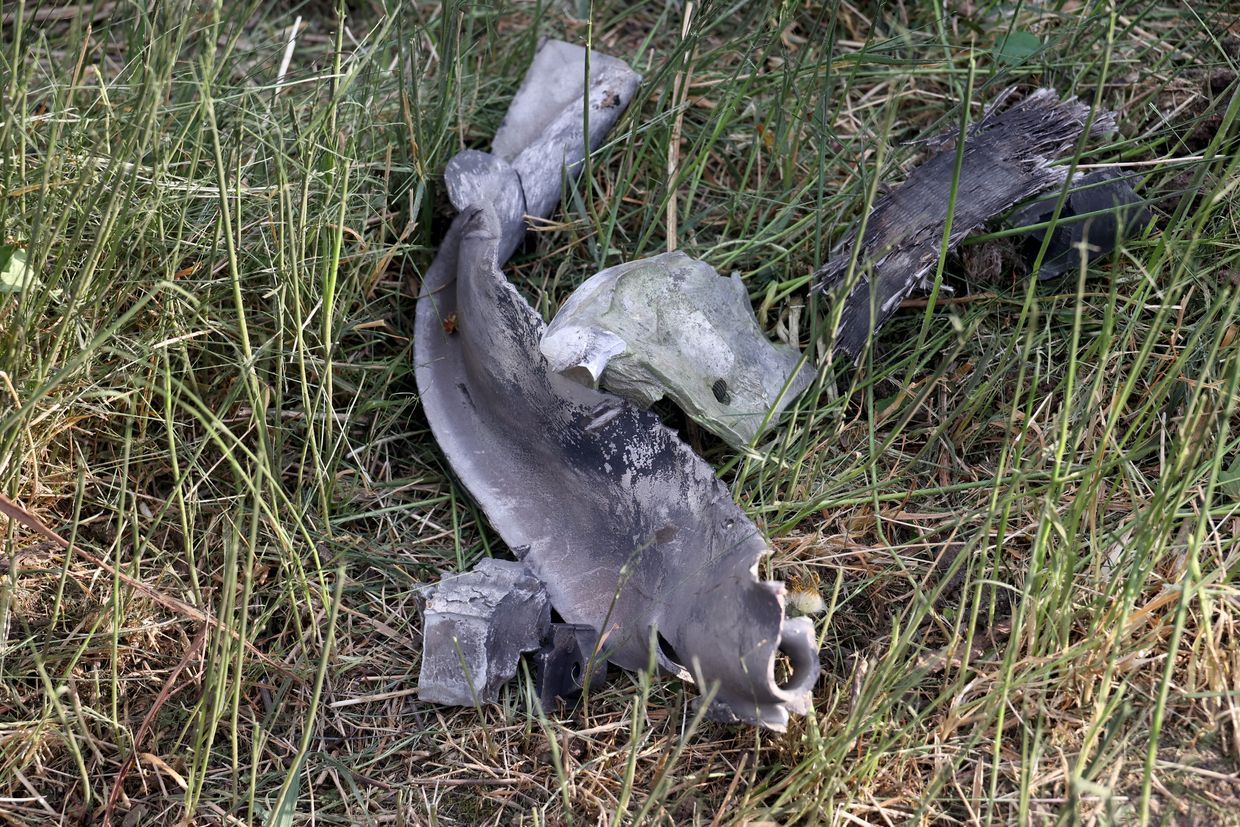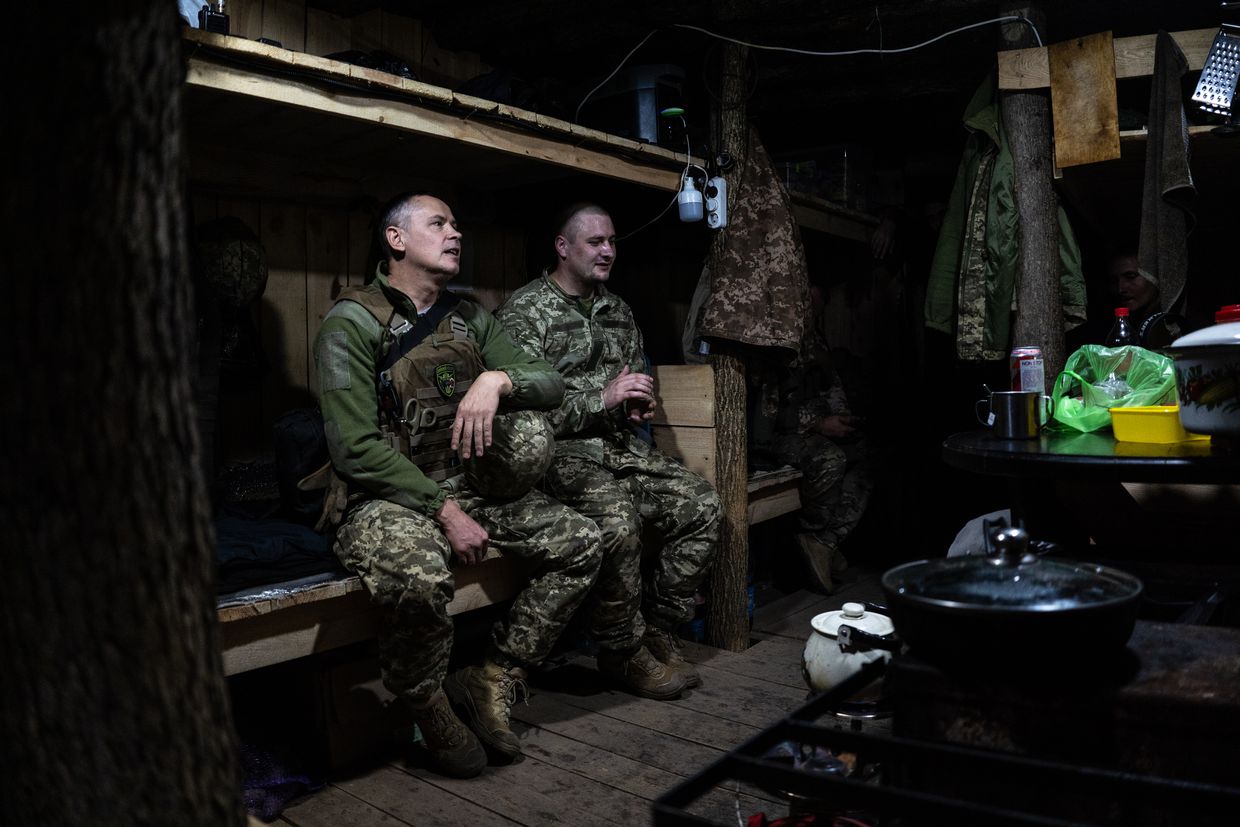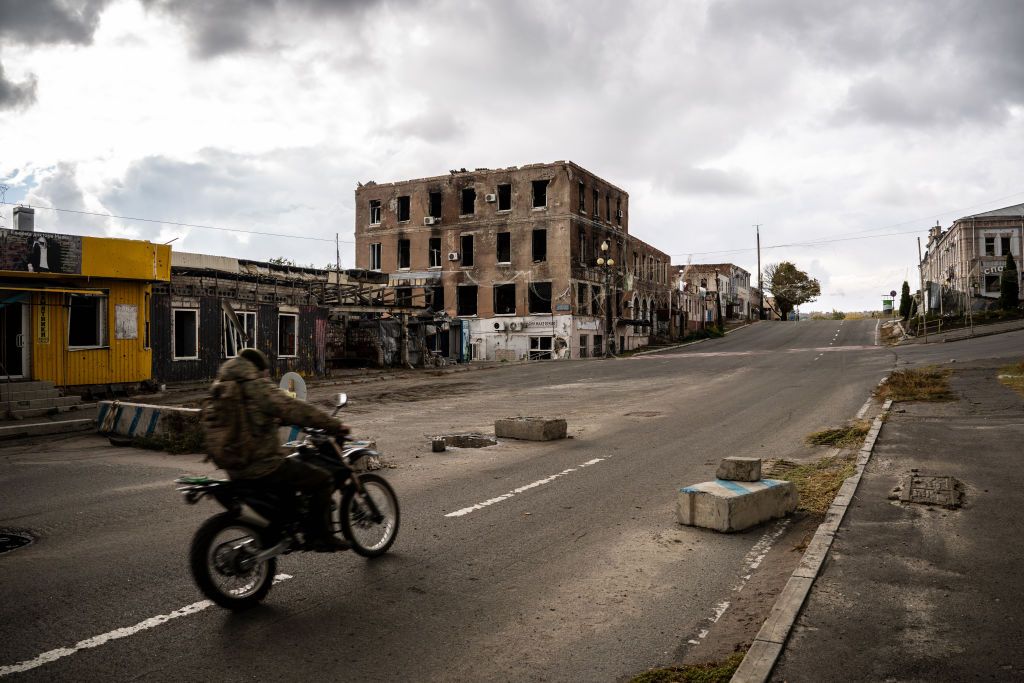Out of 54,000 120 mm mortar shells suspected of having defects, about 24,000 are to be withdrawn, Strategic Industries Minister Herman Smetanin said on Nov. 28.
He said that it would constitute less than 1% of the defense production in 2024. The mines were domestically produced, according to the people familiar with the matter.
Smetanin's statement follows Ukraine's Defense Ministry's announcement on Nov. 26 that it had been investigating the causes of the abnormal malfunction of the 120 mm mortar shells.
As the defects were discovered, the ammunition was suspended in the Ukrainian Armed Forces, and the shells were seized for investigation.
One of the manufacturing plants received a complaint about 120 mm shells from the Logistics Command of the Ukrainian Armed Forces on Nov. 20, according to Smetanin.
The workgroup worked from Nov. 11 to 15 and concluded that several product components operated abnormally. As a result, some of the ammunitions were of poor quality.
Smetanin added that in light of recent reports of mine malfunctions, the latest batches of manufactured arms were being re-tested.
"At the same time, all Ukrainian defense companies continue to operate as usual: to manufacture and supply high-quality weapons and military equipment to the Defense Forces," he said.
"The situation around low-quality mines has also become an additional incentive for all manufacturers to be more careful about the quality control of their products at all stages of production."
Earlier, Fedir Venislavskyi, a member of the parliament's Committee on National Security, Defense, and Intelligence, told Suspilne that the Interagency Commission to investigate the malfunctioning of 120 mm mortar shells named lower temperatures and high humidity as the main causes of the defects.
Artillery and mortar shells are crucial on the front as Ukraine already struggles to match up with the better-stocked Russian forces.
According to ZN news outlet, the supply of the shells in question was a result of a deal between the Defense Ministry and the Strategic Industries Ministry to purchase ammunition from a domestic producer and thus decrease dependence on foreign supplies.
The outlet did not name the factory commissioned to manufacture the shells but said it was part of the state-owned defense conglomerate Ukroboronprom and was often targeted by Russian attacks.
The media investigation highlighted the Defense Ministry's supposedly inadequate quality control process. Warnings raised by some officials regarding the plant's ability to produce detonators for the shells "disappeared" during the process, and military officials failed to report initial problems with the shells that surfaced in September.
In its statement, the Defense Ministry stressed that the Strategic Industries Ministry was responsible for carrying out the order. Preliminary conclusions named low-quality charges and poor storage conditions as possible causes.
Ukraine's defense sector has been plagued by several major procurement scandals throughout the full-scale war.
The two most notorious scandals, one regarding inflated prices for food supplies and the other connected to low-quality winter jackets, prompted the dismissal of former Defense Minister Oleksii Reznikov.






